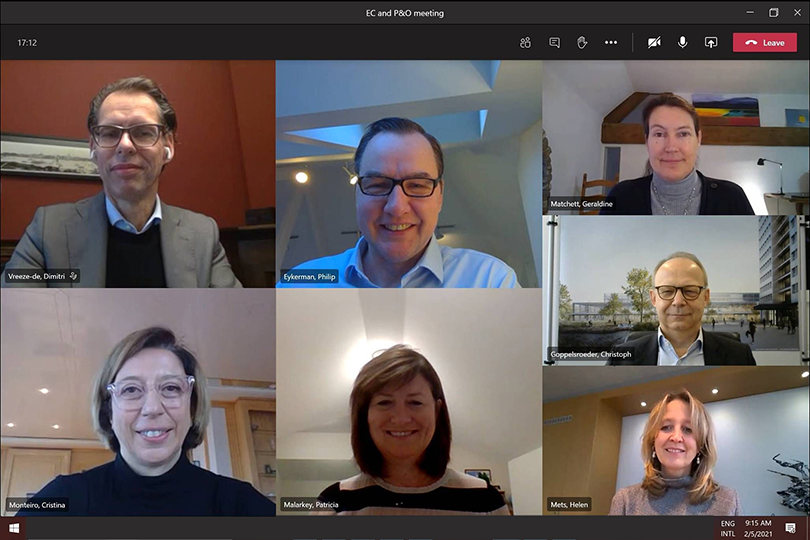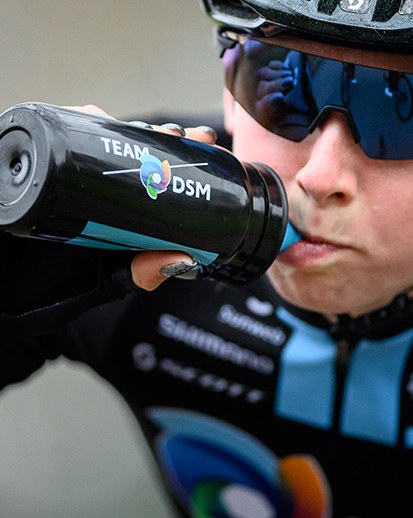Purpose
For more than a decade, we have distinguished ourselves by embracing sustainability and providing value for all our stakeholders across the three dimensions of People, Planet and Profit. We have taken a decisive next step as a purpose-led company, contributing to a brighter world for all with our science-based solutions. Our purpose is therefore fully anchored in our long-term purpose-led, performance-driven Strategy.
Our purpose is to create brighter lives for all
Businesses need to generate profitable growth while at the same time playing a positive role in the world.
We use our bright science to deliver positive transformations at scale for as many people as possible today and for generations to come, operating within the constraints of the world’s finite resources. We aim to redefine how we live and work in order to create a fairer, more prosperous and more sustainable society.
We aspire to be a company for all, creating value for all our stakeholders — customers, employees, shareholders and society at large — and building a stronger legacy and a brighter future for generations to come.
“We are already reaching more than
2.51 billion people worldwide”
Acting on our purpose
We make change happen in three ways:
- Improve: we improve our own operations to do no harm; we optimize our own operational impact by continually raising safety standards, promoting health and well-being in our own workforce, reducing our emissions, increasing our use of renewable energy and unlocking more value from limited resources
- Enable: we enable our customers to have a positive impact by creating products and services that enable our customers and partners to deliver sustainable and healthy solutions for the planet and society
- Advocate: we advocate in our ecosystem for systemic change; we advocate for the future we believe in and we fully accept our responsibilities as a corporate member of society
We recognize the growing influence of large companies in the global economy, and the increasing impact they are having on our world. With increased impact comes increased responsibility. The private sector as a whole needs to deliver value for all stakeholders — not just employees, customers and shareholders, but the world’s communities and the individuals who live in them. We therefore take an integrated approach to our responsibilities.
During the course of 2020, by means of our integrated approach, we implemented a range of external and internal initiatives to further our purpose and make an impact at scale in our three Focus Domains Nutrition & Health, Climate & Energy, and Resources & Circularity that most closely align with five of the Sustainable Development Goals. An overview of these initiatives can be found in our approach to the Sustainable Development Goals and throughout this report. Examples of our purpose-led solutions are provided in the case study section.

1 Lives Reached is a measure of the number of consumers reached each year via products of customer and other third parties which contain DSM products and solutions. This estimate is based on key market insights relating to market share, usage patterns and product composition. Mathematical modeling is used to eliminate double counting. For more information, see Explanation of some concepts and ratios.
Primary energy is energy that has not yet been subjected to a human engineered conversion process. It is the energy contained in unprocessed fuels.
Final (consumed) energy is the energy that is consumed by end-users. The difference between primary energy and final consumed energy is caused by the conversion process between the two as well as any transmission losses.







